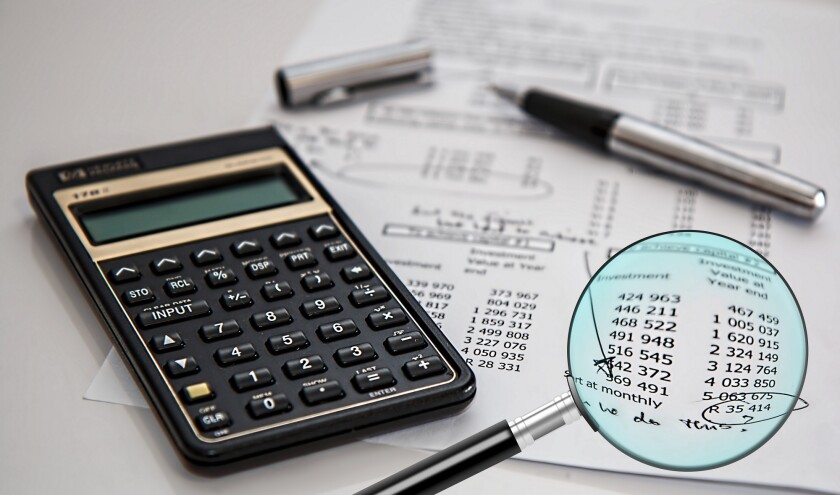Preliminary investigation procedures for criminal acts in taxation
The Indonesian Ministry of Finance (MoF) has issued Regulation No. 177/PMK.03/2022 (‘PMK-177’) concerning the Procedures of the Preliminary Investigation for Criminal Acts in Taxation, which revokes MoF Regulation No. 239/PMK.03/2014. This regulation serves as the implementation procedures as delegated by Article 43A, paragraph (4) of the General Tax Law.
The salient changes in this new MoF regulation are as follows:
The preliminary investigation shall be conducted based on the elaboration and analysis of intelligent activities or other activities. The MoF affirms that the preliminary investigation may arise not only based on information, data, reports, or complaints, but also from a supervision or tax audit activity.
If a preliminary investigation is escalated into an official investigation process and the taxpayer voluntarily declares an incorrectness of tax reporting, the settlements of the tax underpayment and its penalty will be considered as a redemption of the state’s loss. Under the previous regulation, only two fifths of the settlement could be claimed as the redemption, while in PMK-177, a half of it shall be claimable.
The attachments of PMK-177 prescribe the template, or format, for the preliminary investigation instruction letter, the report, examples of redemption calculation, and so forth.
This regulation was stipulated on December 5 2022. However, it shall take effect 60 days from the date of stipulation.
Customs administration procedures within the export sector
To provide legal certainty and improve customs services in the export sector, the MoF has issued Regulation No. 155/PMK.04/2022 (‘PMK-155’) concerning Customs Provisions within the Export Sector. This regulation revokes MoF Regulation No. 145/PMK.04/2007 and its amendments.
The main changes in this new MoF regulation are as follows:
PMK-155 introduces a requirement for periodic customs export notification, which must be submitted on a monthly basis on exports of electrical power, gas, or liquid goods that are transported through transmission networks or pipelines.
Customs inspections will be carried out in relation to documents that address exported goods, while physical inspections may also be carried out under certain conditions. For any physical inspections that are carried out, the exporter or its customs broker (PPJK) will be notified before the execution of the procedure.
The administration procedures for the export notification, its amendment, and cancellation are also discussed in PMK-155, as well as the procedures for the stockpiling, loading, and transportation of goods. Further implementing guidelines shall be issued by the Director General of Customs and Excise.
This regulation was stipulated on November 3 2022. However, it shall take effect 60 days from the date of stipulation.
Excise administration procedures
To facilitate the ease of doing business in Indonesia, along with the ease of administration, the MoF has issued two new regulations on excise administration procedures.
Notifications of excisable goods production
MoF Regulation No. 161/PMK.04/2022 concerning Notifications of Excisable Goods Production revokes MoF Regulation No. 94/PMK.04/2016 and its amendments. This regulation adds several types of goods that are excisable, such as electric cigarettes in the form of solid e-cigarettes, open-system liquid e-cigarettes, and closed-system liquid e-cigarettes, and other types of processed tobacco products in the form of molasses tobacco, snuff tobacco, and chewing tobacco.
This regulation also states that notifications for completely produced excisable goods that include ethyl alcohol and group-A drinks containing ethyl alcohol (MMEA) must be submitted on a daily basis by the end of the following business day. Notifications for group-B and group-C MMEA and tobacco products must be submitted on a monthly basis by the tenth day of the month following the relevant reporting period.
This regulation was stipulated on November 14 2022. However, it shall take effect 90 days from the date of stipulation.
Excise documents
MoF Regulation No. 156/PMK.04/2022 (‘PMK-156’) concerning Excise Documents and/or its Completing Documents revokes MoF Regulation No. 140/PMK.04/2012. The salient changes in this MoF regulation are related to the types of excise documents.
PMK-156 has divided the excise documents into two types:
Documents that should be prepared without any mandatory submission; and
Documents that must be submitted.
The submission of the required excise documents may be completed electronically or in written form. PMK-156 has also divided excise documents into the following clusters:
Excise licensing;
Production of goods subject to excise;
Excise settlements; and
Trade in goods subject to excise.
This regulation became effective on November 3 2022.
A further implementing regulation from the Director General of Customs and Excise is expected, especially on the procedures of excise notification, data formats, and examples on the above administrative matters.
Click here to read about new Indonesian regulations on import goods and duty.













